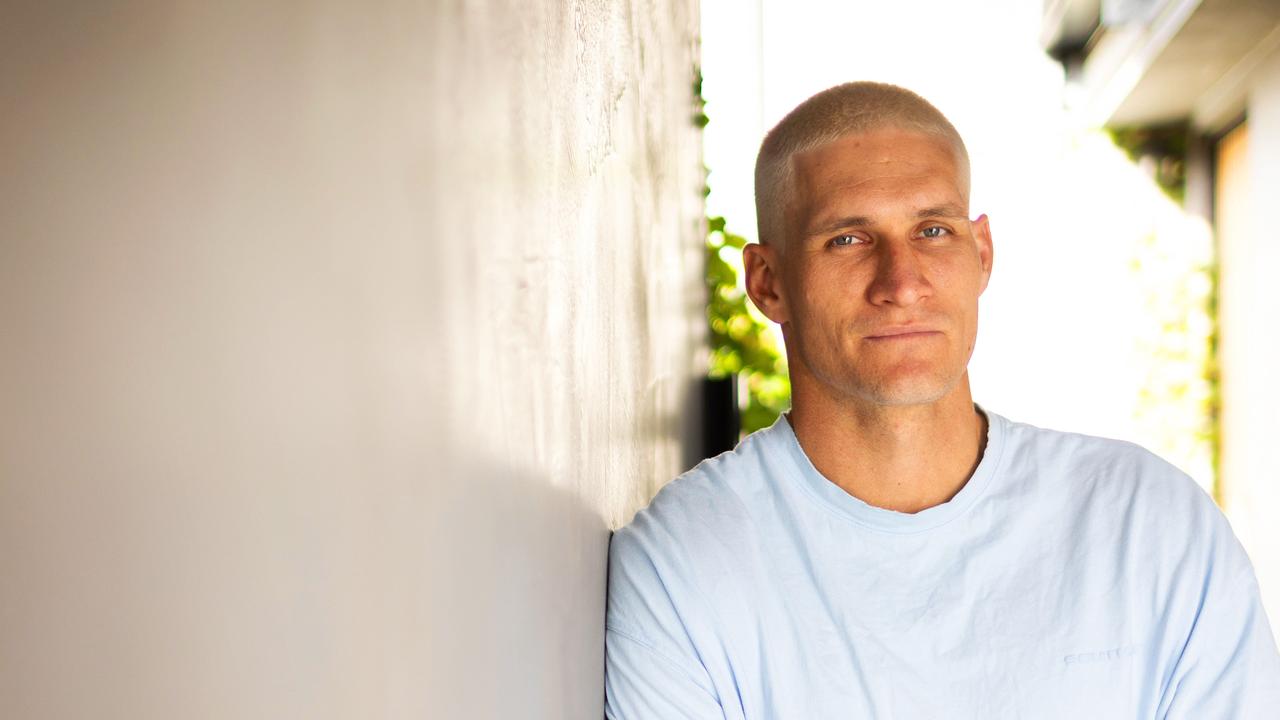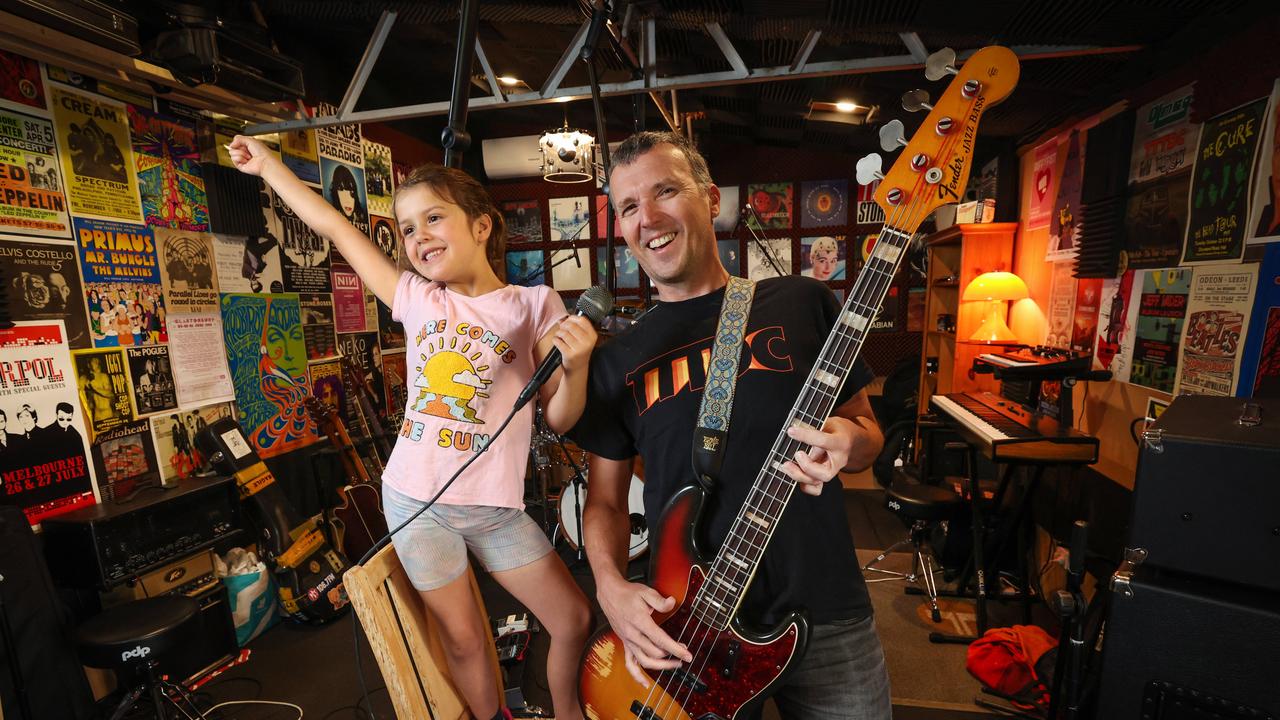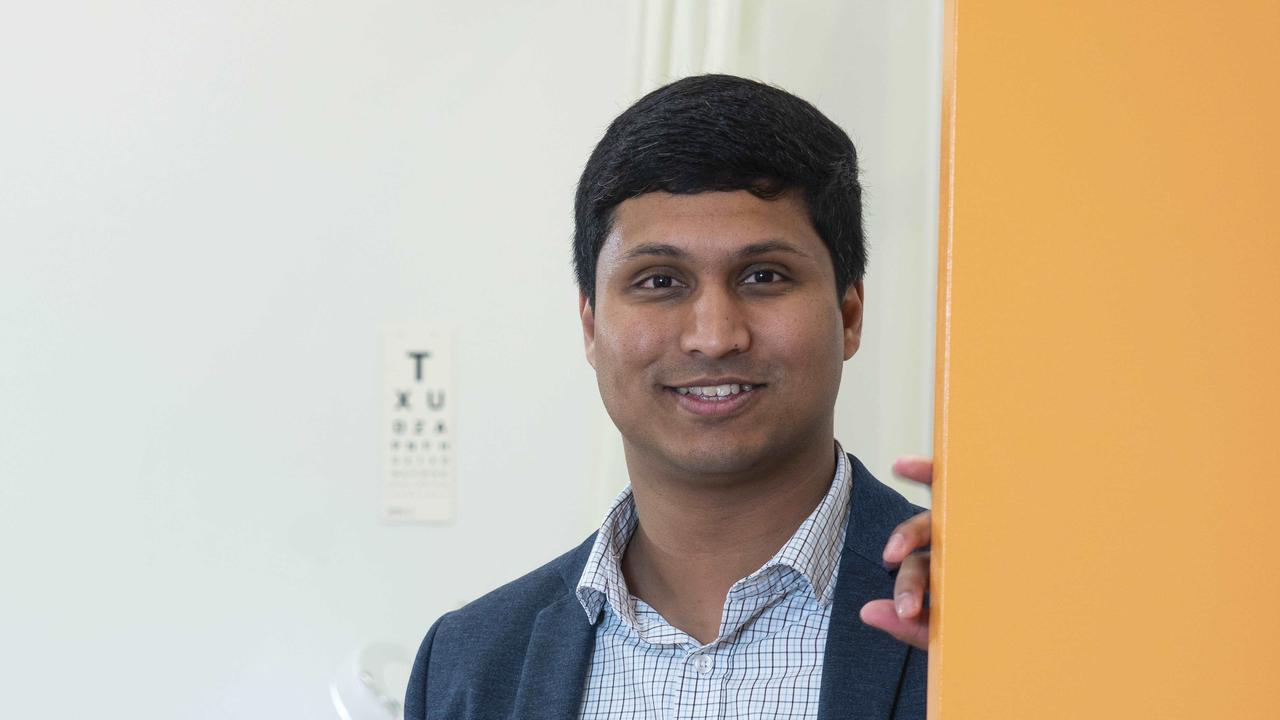Shock number of Aussies can’t get enough sleep
An alarming number of Australians are so stressed they’re failing to get enough sleep. Among them is Adelaide’s Megan Hayward, who has battled “horrendous” insomnia for a decade.
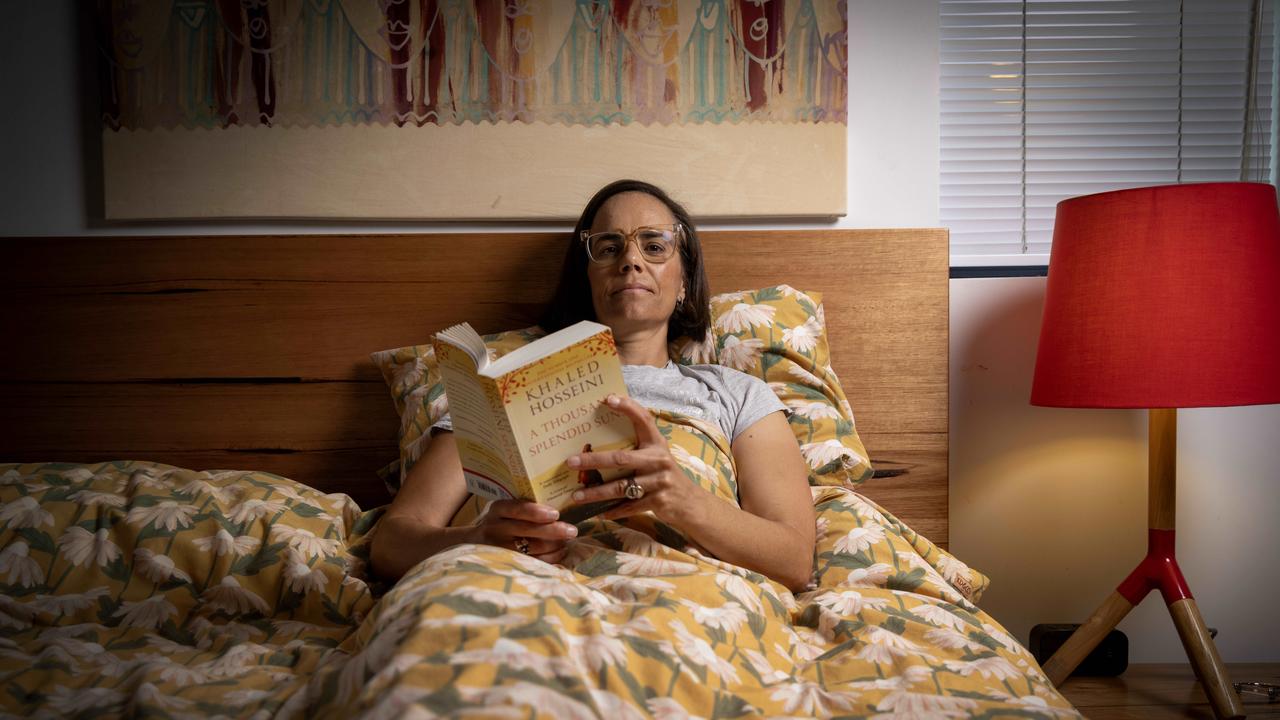
Mental Health
Don't miss out on the headlines from Mental Health. Followed categories will be added to My News.
Megan Hayward can only dream of getting a good night’s rest.
For 10 years, the Adelaide woman has waged a battle with insomnia — a waking nightmare
that’s taken a serious toll on her mental health.
Aussies are running on empty – with a third of us so stressed we are failing to get enough sleep each week.
For Ms Hayward, what started as restless nights due to work stress gradually worsened after perimenopause kicked in, leaving the development manager exhausted and desperate for relief.
“I don’t think I could count on my hands how many good night’s sleep I’ve had in 10 years, it’s horrendous,” Ms Hayward, 45, said.
“I’m massive on sleep hygiene, but it doesn’t always help when you wake up with your ankles on fire, then become freezing cold because you are sweating your guts out.
“My husband and I now sleep in separate beds because it’s easier.”
Ms Hayward, who runs the menopause concierge service Mimi Moon Meno, said she had long
lived with depression and anxiety, which worsened during bouts of sleeplessness.
In a previous workplace, she recalled making mistakes, struggling to focus and displaying “poor behaviour”.
“You can’t function when you are not sleeping and I must have been a nightmare at work – but I couldn’t tell anyone why because it would have been seen as a weakness,” she said.
“I already have suicidal ideation, and I’ve got tools to manage that, but when you’re not
sleeping, all of your resilience is down.
“So awful thoughts come into your head, and it’s just harder to fight them off or to reframe them.”
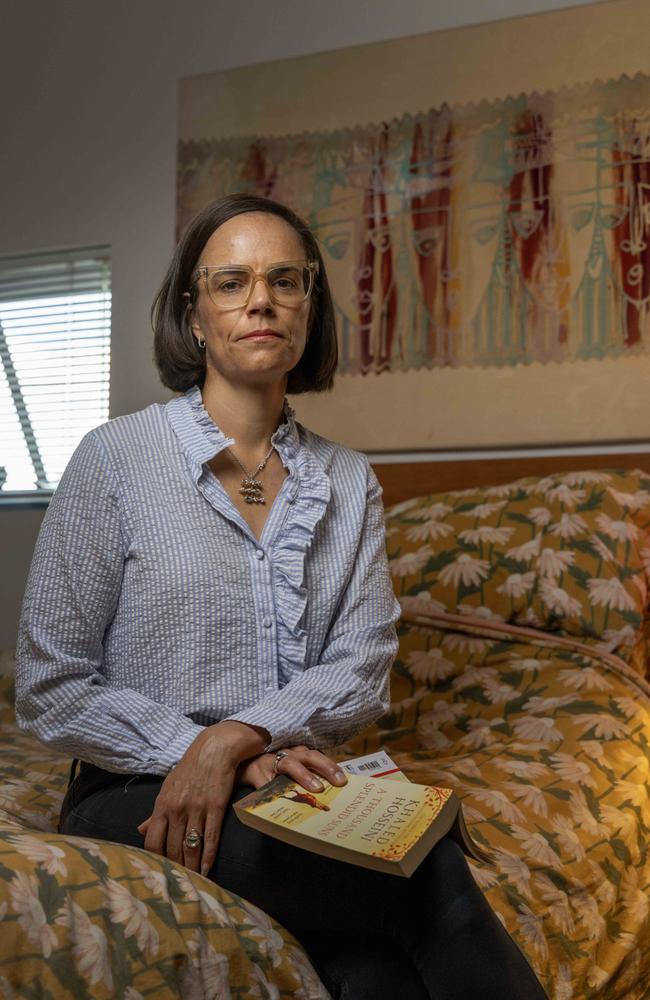
She has used various strategies over the years to manage her sleep and mental health,
including daily exercise, yoga, flexible working hours and regular tweaks to her nightly routine.
Avoiding alcohol at night, reducing sugar-laden and spicy dinners, consistent sleep times,
limited screen use and light clothing are among the habits she sticks to.
“It goes in phases, some weeks and months are better than others,” she said.
“I’m on hormone replacement therapy now and that works for most things but not always sleep.
“With your mental fitness, I think as long as you’ve got a purpose and people that support you, it makes everything else easier.”
New research has revealed the toll our mental health woes are having on our sleep, with 14 per cent locked in a daily struggle with exhaustion.
Gen X and Baby Boomers are the most likely to identify restless nights as a red flag that their mental health is slipping.
News Corp has launched the Can We Talk? campaign, in partnership with Medibank, to help Australians open up about their mental health.
Experts are urging us to overhaul our bedtime habits, with sleep deprivation linked to depression, anxiety and health problems such as heart disease.
It comes as the Royal Melbourne Hospital says demand for treatment at its sleep disorders service – one of Australia’s largest – had surged since Covid, with thousands of people on the waiting list for appointments.
Megan Rees, the hospital’s head of respiratory and sleep medicine, said anecdotally, more patients were blaming their sleep troubles on mental health.
“We certainly do see high rates of sleep disorders and mental health issues, particularly mood disturbances,” Associate Professor Rees said.
“It’s what we call a bidirectional relationship, so one can cause the other and vice versa.
“We know that there is a clear connection for people who don’t get enough REM sleep, which is one of the deepest sleep phases.”
The research, by News Corp’s Growth Distillery with Medibank, found 36 per cent of people were tossing and turning on a weekly basis or more, and nearly half of respondents felt stressed every week.
Tiredness, lethargy and trouble sleeping were the biggest telltale signs for people that they weren’t coping.
But gen Xers, born between 1965 and 1980, and Baby Boomers, aged from 61 to 79, were the most likely to suffer sleep deprivation during rough patches.
Prof Rees said the results were not surprising, as sleep quality changed across life stages.
“There’s a lot of factors that play into the age groups that are disproportionately affected,” she said.
“People in the middle of their life, the gen Xers, are under a lot of stress.
“It’s probably a peak level of career and mortgage stress, and children are coming into a challenging age group.
“And while boomers are approaching retirement, they still have a lot of financial concerns.
“We also know older people always have more fragmented sleep than younger people.”
She said adults needed seven to nine hours of quality sleep each night, and removing smartphones from bedrooms or bedsides was one of the most important first steps to take.
Organisational psychologist Rachel Clements said it was common for people with anxiety disorders to experience interrupted sleep for months or even years.
“They wake up worried and often get trapped in a ruminative thought process, which leads to difficulties functioning the next day,” she said.
“They can’t remember things, can’t take things in, can go blank at work or in a school exam … and it can also cause relationship issues as sleep deprivation can affect mood and behaviour.”
She said the impacts of long-term fatigue were “profound”, from problems with memory, concentration, mood regulation and the release of neurotransmitters such as dopamine, to serious chronic health conditions.
Tips for a good night’s rest
Avoid screens from between 30 minutes to two hours before bed
Sleep in a dark, cool quiet room
Remove devices from the bedside
Stick to a regular sleep and wake routine
Exercise outdoors in natural daylight as often as possible during the week
Try not to eat or exercise close to bedtime
Can We Talk? is a News Corp awareness campaign, in partnership with Medibank, helping Australian families better tackle mental wellbeing. To follow the series and access all stories, tips and advice, visit our new Health section.
More Coverage
Originally published as Shock number of Aussies can’t get enough sleep



